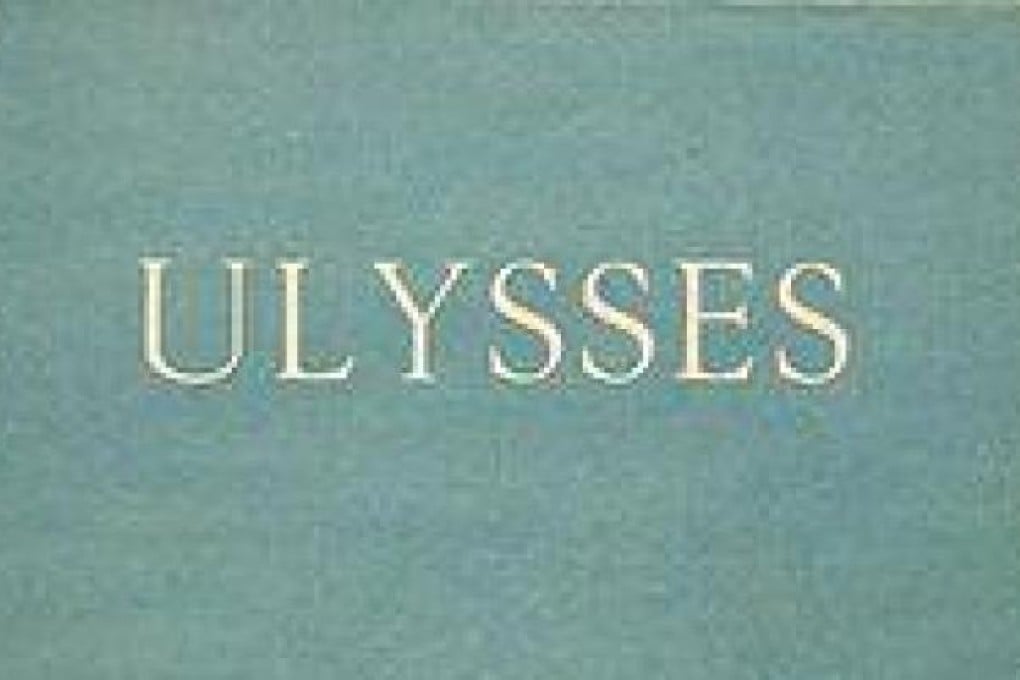Ulysses by James Joyce: an appreciation
Like the proverbial curate's egg, James Joyce's Ulysses is good in parts
The key to the novel is its originality and lyrical use of language - Joyce's understanding of sound and rhythm is remarkable. Just don't let anyone tell you it's easy

It may seem unlikely, given the trust bestowed on cultural critics by seasoned editors, but they frequently do one of two things: overanalyse a work - presuming points of reference the author never intended - or grossly miscalculate how averagely intelligent the rest of us are.
A good example is the literati's appreciation of James Joyce's novel, Ulysses, first published 90 years ago in Paris. The layperson will likely find it an uphill struggle (though not without its rewards). However, a scholar who moonlights as a reviewer for respectable titles - which few outside their intimate circle reads - will claim it's much easier than people think it is, and is really quite amusing.
It is amusing - but it's like walking into a room full of people who are all talking at once, among them a comedian doing his or her best routine. Except you can only hear it intermittently, fleetingly. For Ulysses, while a work of grandeur and eloquence, is also, in parts, long-winded, rambling, patchy, surreal, and nonsensical.
Many will disagree and accuse naysayers of missing the point, but the reason for this frankness is to highlight how unique and important the novel really is. Without over-egging a rather tired metaphor, Ulysses is like life: full of grandeur and eloquence but also, in parts, long-winded, rambling, patchy, surreal, and nonsensical. But what a joy the good parts are.
Set over the course of one day - June 16, 1904 - in Dublin, it follows a number of characters as they traverse the city, discussing the motives of Hamlet one minute and the intimate details of a sexual encounter the next. Chief among them are Stephen Dedalus, Leopold Bloom and his wife Molly, all caught up in each other's lives, intertwining, dreaming, arguing, loving, hating, pontificating. And there are many more characters and incidents.
The key to the novel is its originality and lyrical use of language - the puns, idioms and parodies. It is a thousand poems set in pages of prose; sentences roll off the tongue with extravagance and delight, while Joyce's understanding of sound and rhythm in language is remarkable.